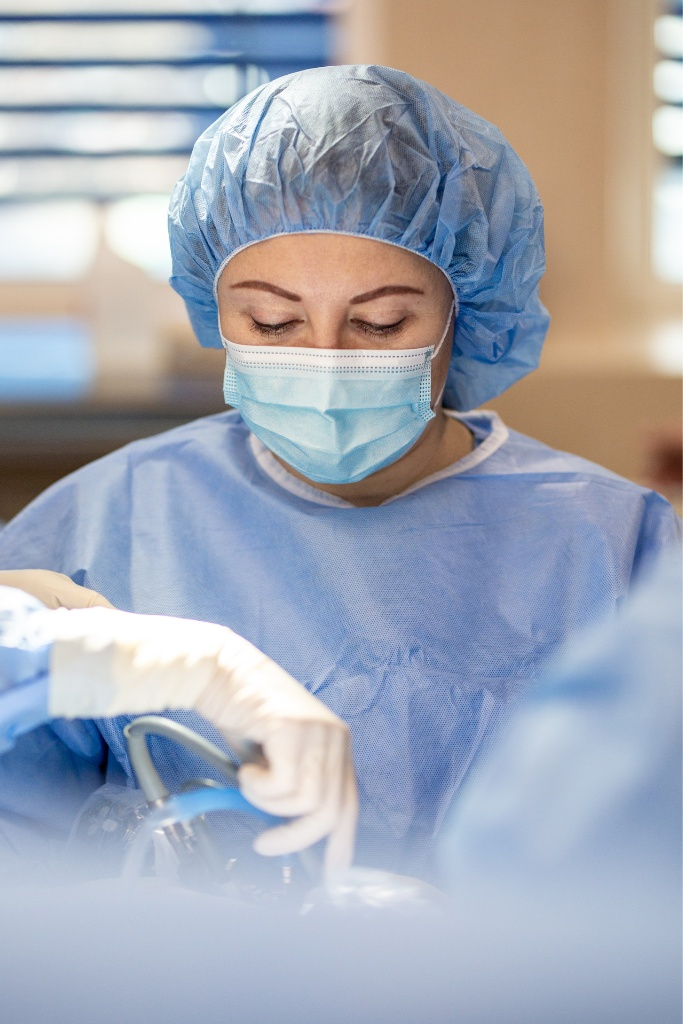All women would probably agree that satisfaction with their body and their sex life has an impact on their overall quality of life.
Some women feel discomfort with their external genitalia, such as the labia. The latter have an important function in terms of sexual attractiveness and eroticism.
Physiologically, the labia majora almost completely cover the labia minora. However, sometimes the labia enlarge and are not covered by the labia majora. For a large number of women, this condition causes psychological and physical discomfort:
- pain during sexual intercourse;
- interferes with sport;
- cycling;
- uncomfortable sitting, etc;
- may be bothered by more frequent genital tract infections.
This intimate problem can be solved with labiaplasty – an improvement in the shape and proportions of the labia.

What is labiaplasty?
Labiaplasty is an operation that removes the excess labia minora, which means that symmetry is restored and a more aesthetically pleasing labia are formed. The surgery leaves no scar on the outside, preserves the sensitivity of the labia minora and the natural pigmentation.
In which cases is labiaplasty performed?
Labiaplasty is performed when the labia are asymmetrical, sagging or poorly healed after a birth trauma.
Which women can undergo labiaplasty?
It can be performed on both young and older women. Labiaplasty can also be performed on women who have not given birth: the operation does not affect conception and can be followed by natural childbirth.
How long does labiaplasty take?
The average time for labiaplasty is 1-2 hours. The surgery is performed under local or general anaesthesia, using dissolvable sutures. Often, the same operation also includes a correction of the tissues around the clitoris.
Are there any tests required before labiaplasty?
A consultation with an obstetrician-gynaecologist is required before the surgery, during which the doctor reviews the woman’s medical history, finds out the reasons why she wants to undergo labiaplasty, what her expectations are, whether they are achievable, explains what to expect after the procedure, and discusses and selects the anaesthesia during the surgery.
Laboratory blood tests (CBC, coagulation indices, blood group, Rh factor, K concentrations) should be carried out on an outpatient basis 7-10 days before the operation. Record ECG.
How will I feel after surgery and what is important to know in the post-operative period?
You may feel discomfort in the labia for about 2 weeks after surgery. This is normal. It is important to follow the instructions of the doctor who performed the surgery to have a smooth postoperative period. It is also important to:
- Do not have sex for 3-4 weeks;
- Avoid physical activity for 3-4 weeks;
- No bathing in a bathtub, swimming pool, river or lake for 1 month;
- Do not use tampons for 1 month.
When will I notice changes?
Changes are noticeable immediately, but the final result will be visible 2-3 months after surgery.
Confidentiality is guaranteed.


